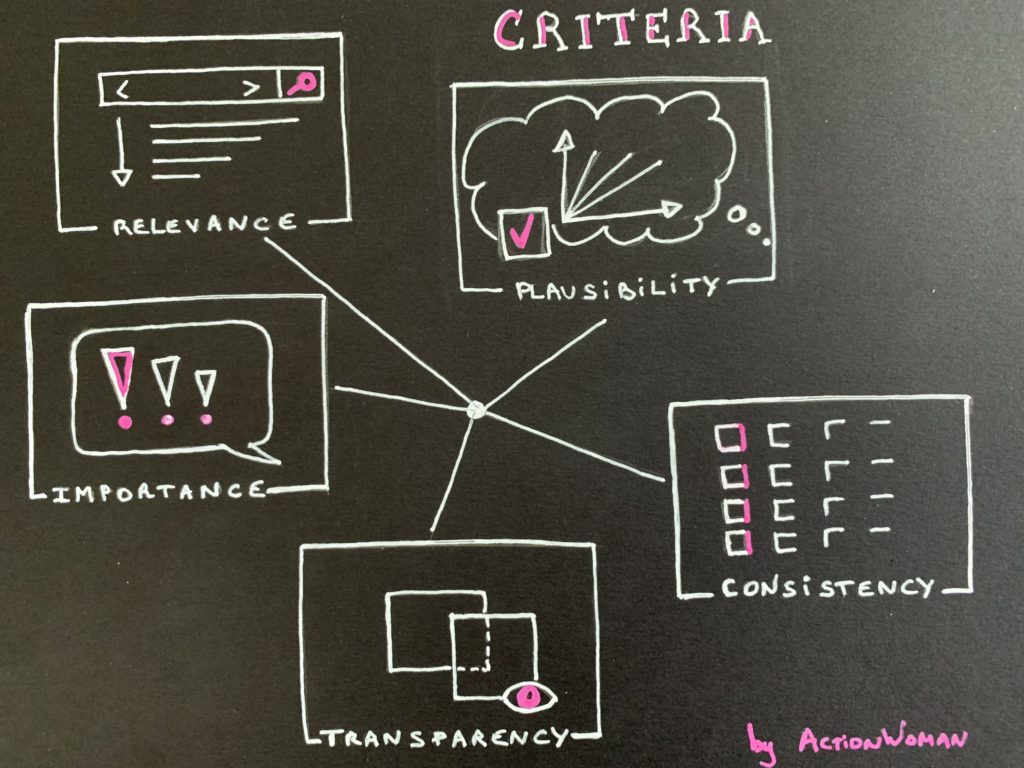Belgian private security sector #3: Investigation
This third chapter focusses on the questions and the chosen methods to answer them.
What are the questions & issues to be answered in this study, what criteria do we use to choose a method of working, what approach do we opt for, what participants do we select and finally, what means do we have at disposal ?
This series of publications are extracted from my final paper written within the frame of university certificate on foresight (UCL – Sept 2018)

Questions & Issues
- How will the private security sector evolve?
- How will it guarantee the security of its users, private companies?
- How to avoid overlapping tasks between private and public security?
- How to avoid that certain tasks are not fulfilled by either private or public security (gap = non-coverage of tasks)?
- Can we imagine a return to private militias?
- Is the Uberization phenomenon a threat to traditional private security companies?
- Digitization is raging. Will humans manage to live in symbiosis with the machine or will they be ousted?
- How can the sector (companies offering private security services) be made sustainable, where do the threats come from, what are the risks and opportunities offered by the new drivers of change?
Work method

We will orient our thinking to be both credible and useful, and will therefore focus on :
- Relevance of the studied subjects and the actors involved…
- Plausibility of the explored evolutions
- Consistency of scenarios
- Transparency of the methodology
- Importance for the sponsor
Approach
Among the various possible approaches, i.e. exploratory, strategic, visionary, procedural or normative, we opted for the exploratory approach. Indeed, we wish to consider a variety of possible futures, without restrictions.
"At the crossroads"
We chose to take the best of each world – in our opinion – for our study. We have therefore borrowed various elements from each of the approaches:
- Futurology: expert consultation and trend analysis…
- French-style prospective: analysis of factors and actors as well as exploratory scenarios
- Strategic Foresight: the overriding changes and uncertainties component and scenarios along two axes
Domain
This is a sectoral domain by differentiation with a territorial domain – for example the future of a region – or an organization – for example the future of company X.

Participants
The participants of choice are industry experts, including public security experts, as the two are inseparable.
We extend the expert field to certain European bodies. Indeed, although the focus of the study is on the Belgian market, it is part of a larger ecosystem and, by definition, internal security also faces threats from outside. Therefore, following the example of what Defence is already doing, we should focus on a « European » Security.
As the sponsor is the security managers of large companies, they represent the users of security products and services and are therefore important stakeholders.
As for citizens, we have deliberately decided not to consult them during this exercise but to « take the temperature » via the results of studies carried out by other bodies such as Bruxelles Prévention et Sécurité. Those results regarding the feeling of insecurity have been published in 2019.
The survey is fragmented here, since it only covers Brussels Region. For the sake of completeness, the results of studies from the other regions should therefore be brought together and analyzed.
Deadlines

Two questions remain to be answered:
- If extended beyond the study, what would be the timeframe to complete the analysis at the sector level?
- If we work at the company level, in what timing should we operate to develop a vision?
Means
A good network of actors will help to collect HUMINT. In this case, we can rely on long term contacts established, thanks to the dynamism of ECSA as well as that of the Royal Military School (Alumni HESD – ATHENA) and the Intel conferences.
We therefore rely on these interpersonal relationships to obtain interviews.
As far as the political actors are concerned, at the period of the study we were on a pre-election period which was favorable – not sure what we can say about the current one… 😉
Indeed, when the parties are in the middle of a campaign, they are more inclined to explain their program … provided they have it « already » ready and that security has been covered as a topic…
Sources, Useful links & Resources
ECSA – European Corporate Security Association www.ecsa-eu.org
BPS (Bruxelles Prévention & Sécurité), Résultats de l’enquête régionale de sécurité 2018 – « Sentiment d’insécurité et victimation vécus par les résidents, navetteurs et touristes en Région de Bruxelles-Capitale, Bruxelles, 2019 »